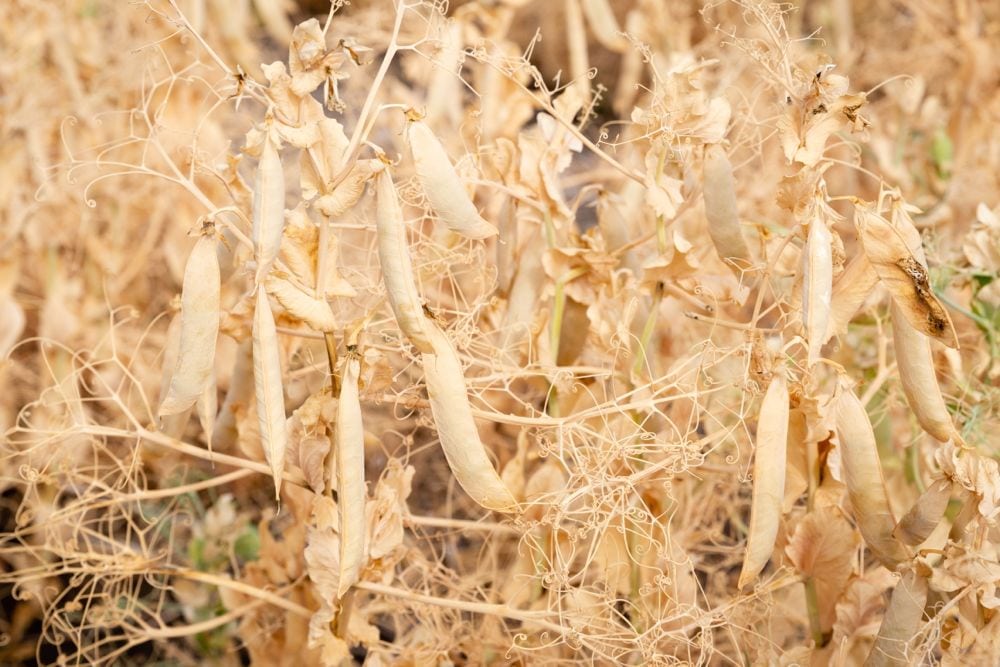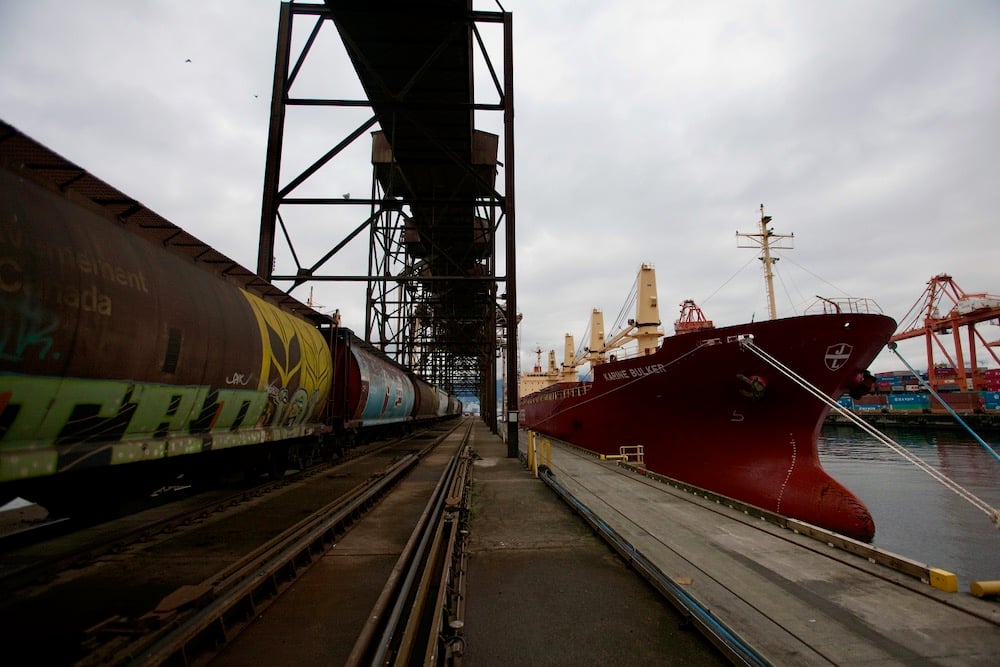Pulse Weekly: Pulse Canada braces for potential rail shutdown

Glacier FarmMedia | MarketsFarm—Canada’s pulse industry has been battening down the hatches as the country’s major railways prepare for a work stoppage on Aug. 22.
The Teamsters Canada Rail Conference served its 72-hour strike notice on Aug. 19 to the Canadian National Railway (CN Rail) and Canadian Pacific Kansas City (CPKC). In response, CN said it will lockout workers until a new agreement or binding arbitration is reached. CPKC previously stated they would lockout the Teamsters.
Read Also


North American agriculture groups ask US, Canadian governments to stop rail strike
Nearly three dozen North American agriculture groups, in a joint letter to the U.S. and Canadian governments today, urged action to avoid a rail stoppage.
Greg Northey, vice president, corporate affairs for Pulse Canada, said both railways being shut down would be an “unprecedented” situation and called the potential impact “significant”.
“For pulses, around 90 to 95 per cent are moved by rail,” he said. “In the event of both railways being disrupted … a huge amount of our exports will be sort of stuck. It’s particularly pressing right now because peas are the first crops off. It’s very problematic for those farmers and for those exporters who rely on rail and don’t have them available.”
Farmers will likely choose to keep their crops in storage, according to Northey, adding that elevators are also an option but have limited storage capacity. However, a rail shutdown would see failures of contracts with buyers.
“We’re going to see massive delays. We’re going to see massive costs. We’re going to see contract penalties,” Northey said. “There’s not much that can be done to move the volume of pulses that we need to move as a contingency. We’re really at the mercy of the two railways not functioning. There’s not much you can do to replace a railway.”
Northey said prices in the short-term will drop in an attempt to prevent deliveries. The long-term effects will be hard to determine, but he added that competitors may move into certain markets and pulse growers will have to price accordingly.
Pulse Canada, along with 22 other crop and agricultural industry groups across the country, joined forces on a campaign called Stop The Strike. They are asking the federal government to intervene and prevent the shutdown from happening before Aug. 22. The website also allows visitors to send a form email to federal cabinet ministers and their respective MPs.
But even before the shutdown becomes official, the damage has already started.
“CPKC has already stopped allowing new shipments on their rail lines as of (Aug. 20),” Northey said. “(This shutdown) is going to be way too damaging for us and the economy.”
Adding to the untimeliness of a work stoppage is that Canadian pulse crops have done well this year.
“It’s turning out to be a pretty good (crop). There is plenty of positivity for sure,” Northey said. “India is back in the market for peas, so there is a strong demand. What’s particularly frustrating is this is some of our best windows in terms of demand and prices, especially for peas. Some of that enthusiasm has been suppressed because of our issues with the railways.”
Source: Farmtario.com

